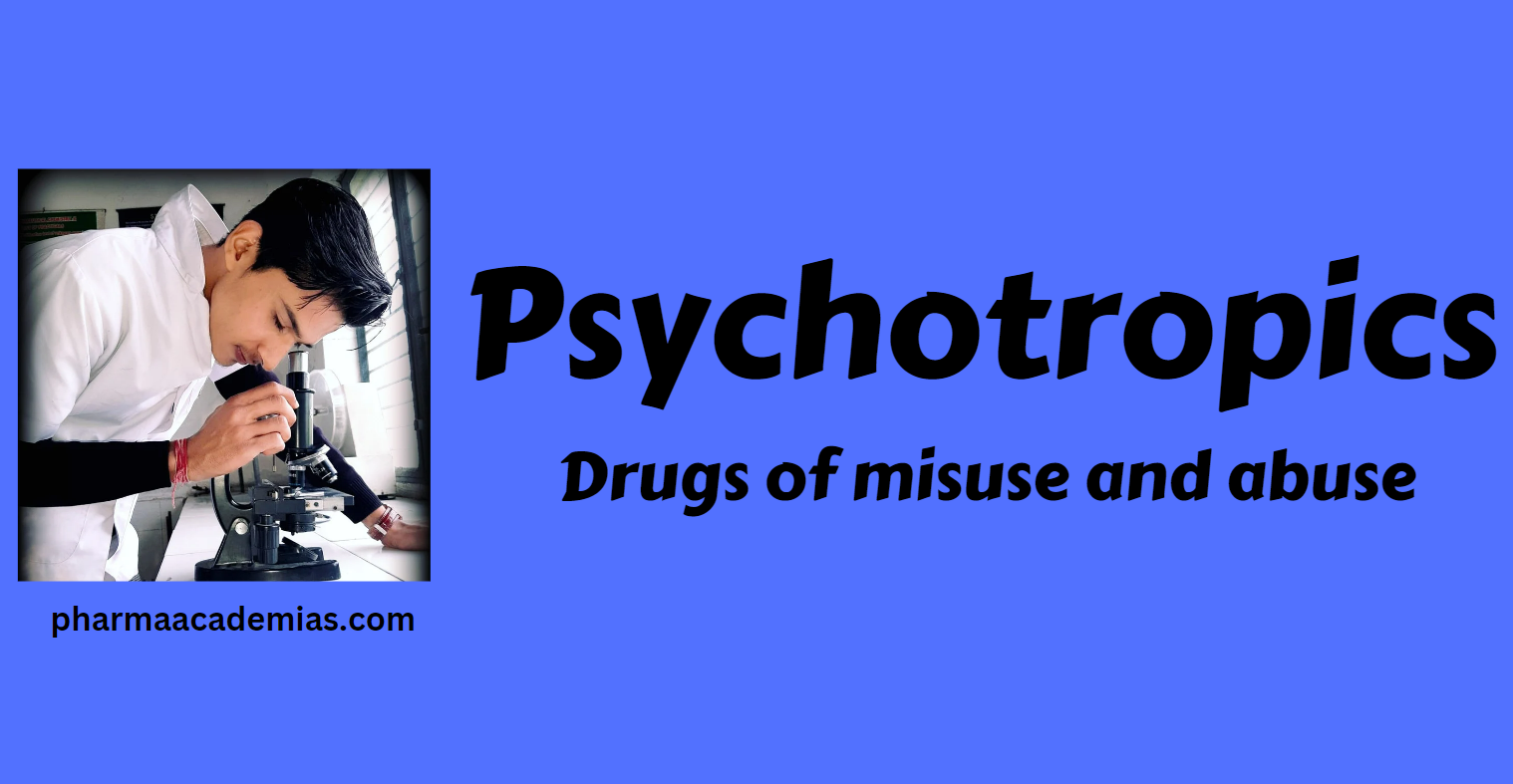Toxicity following sudden withdrawal of drugs
Toxicity following sudden withdrawal of drugs, often referred to as drug withdrawal syndrome, occurs when a person abruptly stops or reduces the dosage of a drug that their body has become physically dependent on. This can lead to a variety of symptoms, ranging from mild discomfort to severe life-threatening reactions. The mechanisms of withdrawal toxicity … Read more





